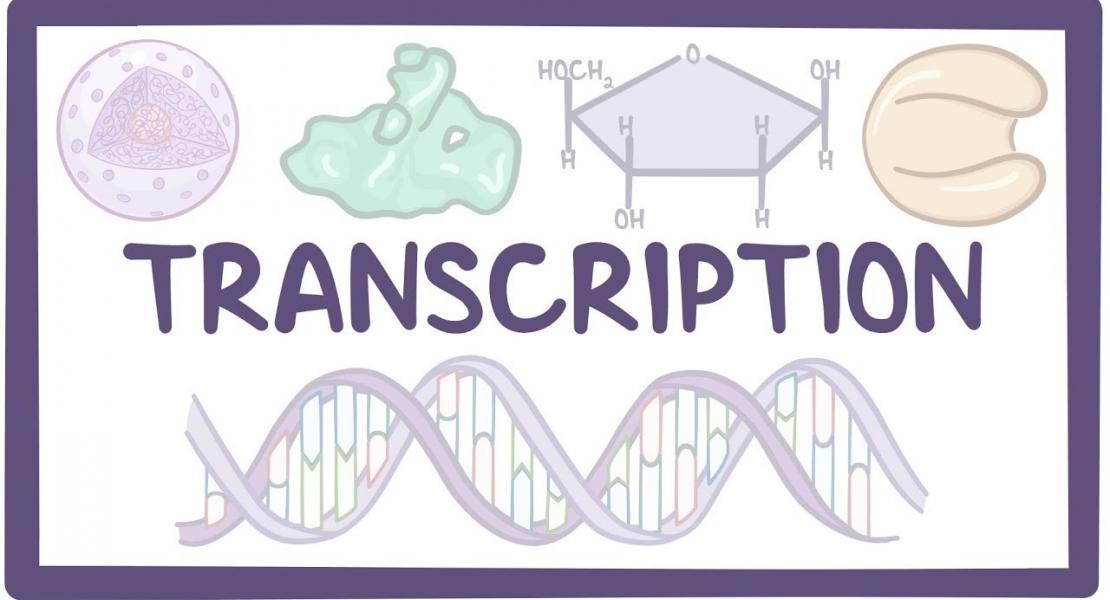Roquin binds inducible costimulator mRNA and effectors of mRNA decay to induce microRNA-independent post-transcriptional repression.

Abstract
The molecular mechanism by which roquin controls the expression of inducible costimulator (ICOS) to prevent autoimmunity remains unsolved. Here we show that in helper T cells, roquin localized to processing (P) bodies and downregulated ICOS expression. The repression was dependent on the RNA helicase Rck, and roquin interacted with Rck and the enhancer of decapping Edc4, which act together in mRNA decapping. Sequences in roquin that confer P-body localization were essential for roquin-mediated ICOS repression. However, this process did not require microRNAs or the RNA-induced silencing complex (RISC). Instead, roquin bound ICOS mRNA directly, showing an intrinsic preference for a previously unrecognized sequence in the 3' untranslated region (3' UTR). Our results support a model in which roquin controls ICOS expression through binding to the 3' UTR of ICOS mRNA and by interacting with proteins that confer post-transcriptional repression.
